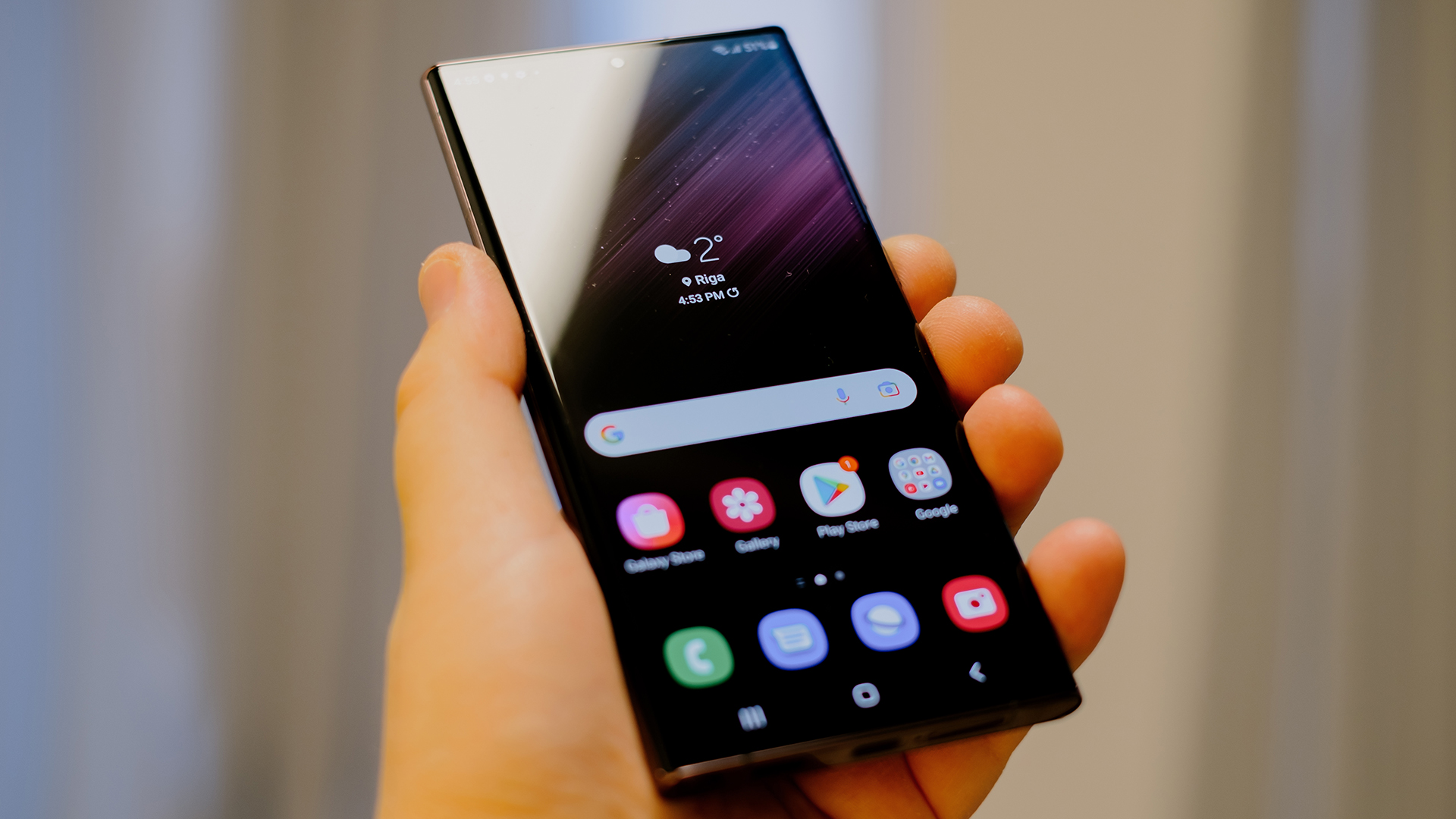Zero-days for hacking WhatsApp are now worth millions of dollars
Thanks to improvements in security mechanisms and mitigations, hacking cell phones — both running iOS and Android — has become an expensive endeavor. That’s why hacking techniques for apps like WhatsApp are now worth millions of dollars, TechCrunch has learned.
Last week, a Russian company that buys zero-days — flaws in software that are unknown to the developer of the affected product — offered $20 million for chains of bugs that would allow their customers, which the company said are “Russian private and government organizations only,” to remotely compromise phones running iOS and Android. That price is in part likely caused by the fact that there aren’t many researchers willing to work with Russia while the invasion of Ukraine continues, and that Russian government customers are likely willing to pay a premium under the current circumstances.
But even in the markets outside of Russia, including just for bugs in specific apps, prices have gone up.
Leaked documents seen by TechCrunch show that, as of 2021, a zero-day allowing its user to compromise a target’s WhatsApp on Android and read the content of messages can cost between $1.7 and $8 million.
“They’ve shot up,” said a security researcher who has knowledge of the market, and asked to remain anonymous as they weren’t authorized to speak to the press.
WhatsApp has been a popular target for government hackers, the kind of groups that are more likely to use zero-days. In 2019, researchers caught customers of the controversial spyware maker NSO Group using a zero-day to target WhatsApp users. Soon after, WhatsApp sued the Israeli surveillance tech vendor, accusing it of abusing its platform to facilitate its customers using the zero-day against more than a thousand WhatsApp users.
In 2021, according to one of the leaked documents, a company was selling a “zero click RCE” in WhatsApp for around $1.7 million. RCE is cybersecurity lingo for remote code execution, a type of flaw that allows malicious hackers to remotely run code on the target’s device. Or in this case, inside WhatsApp, allowing them to monitor, read and exfiltrate messages. “Zero click” refers to the fact that the exploit…


